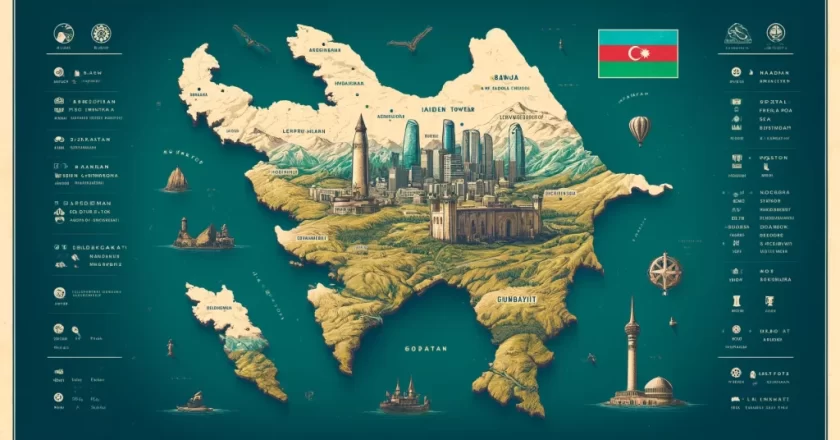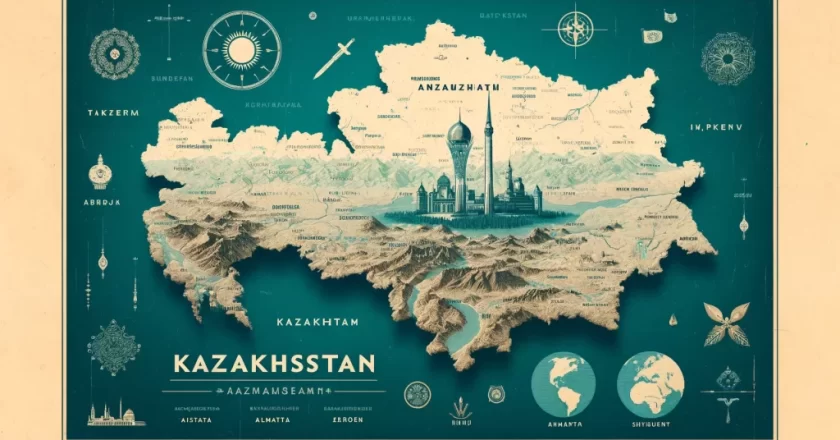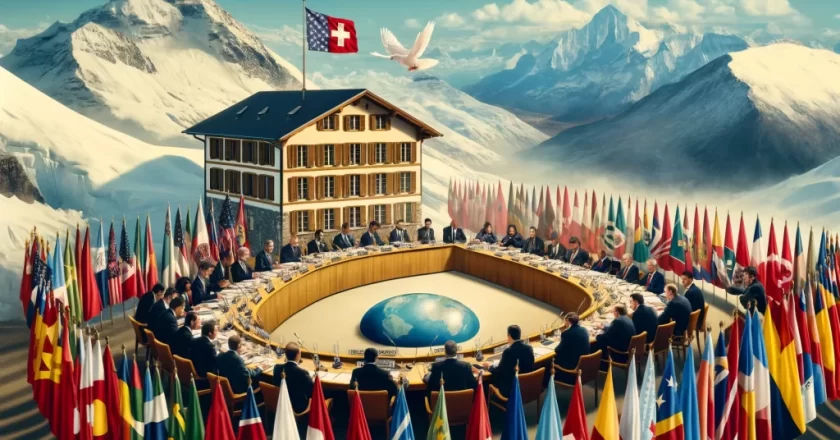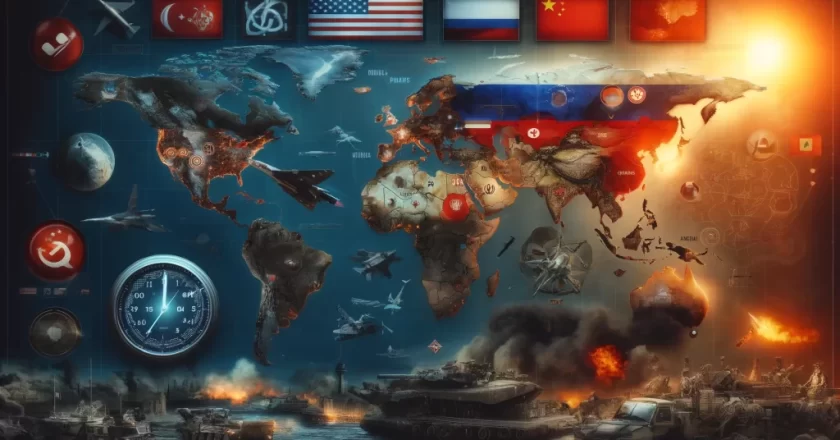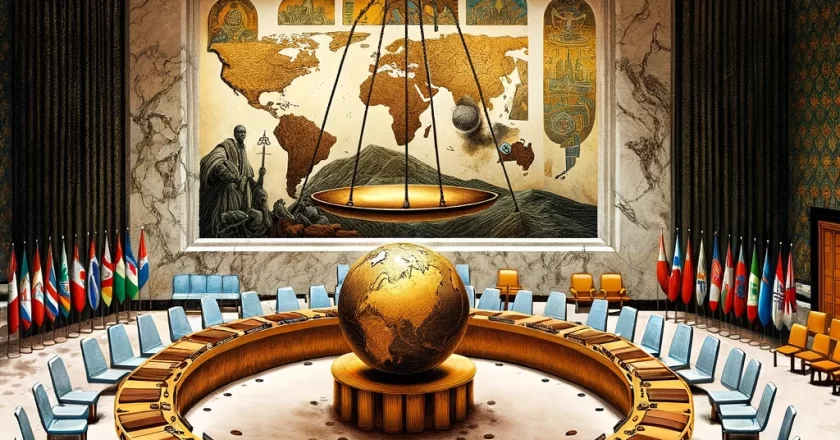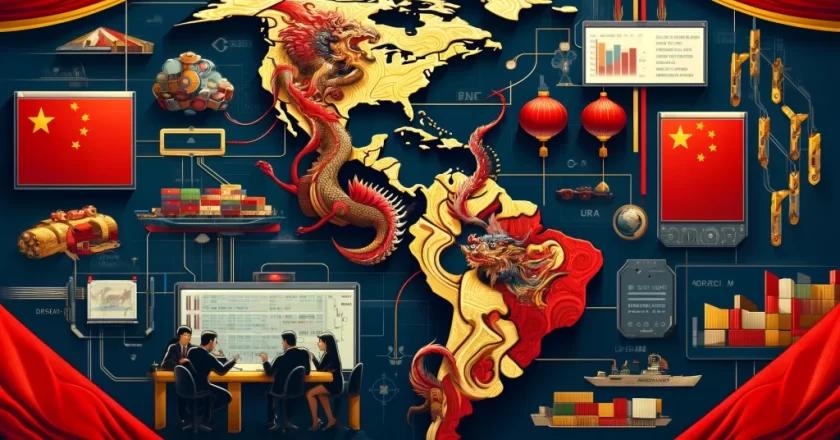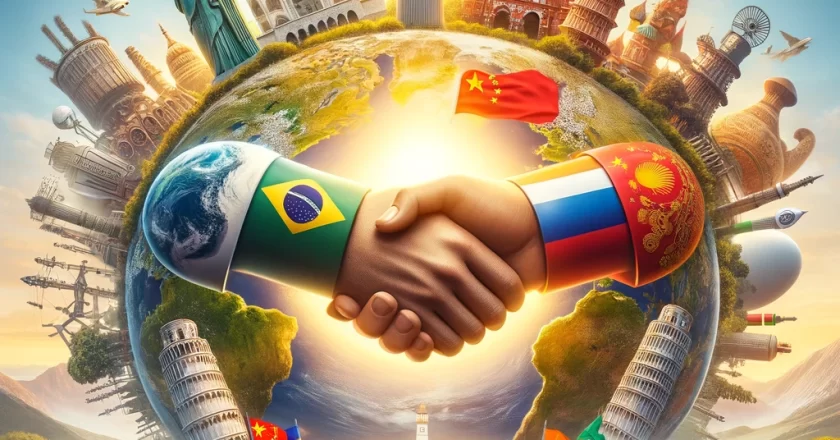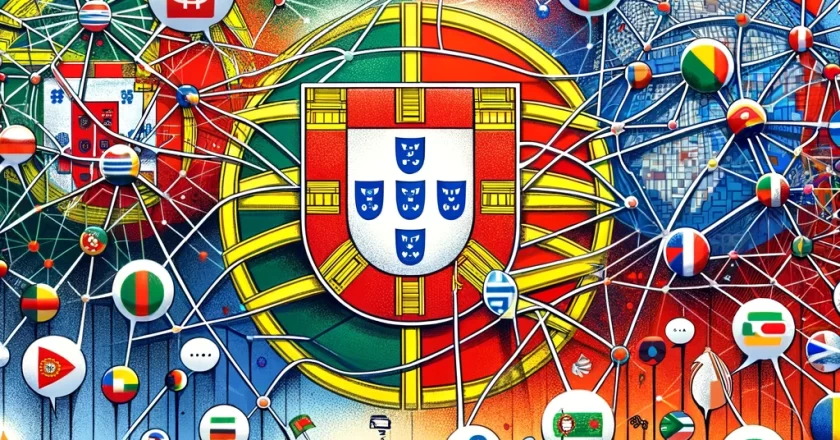Military biological activities: the issue of laboratories and the increase in outbreaks of emerging diseases
Military action in the field of biological activities raises significant concerns, especially given the increase in outbreaks of emerging diseases in different regions of the world. Military biological laboratories, officially intended for research and development of measures against biological threats and infectious diseases, are at the center of debates about their real function and impact on global public health. The growing incidence of new outbreaks and emerging diseases fuels suspicion about the role of these facilities and the possibility that their operations are contributing to the proliferation of new biological threats..
In various parts of the world, the activation of these laboratories often coincides with the emergence of previously unknown or rare diseases. For example, no...


